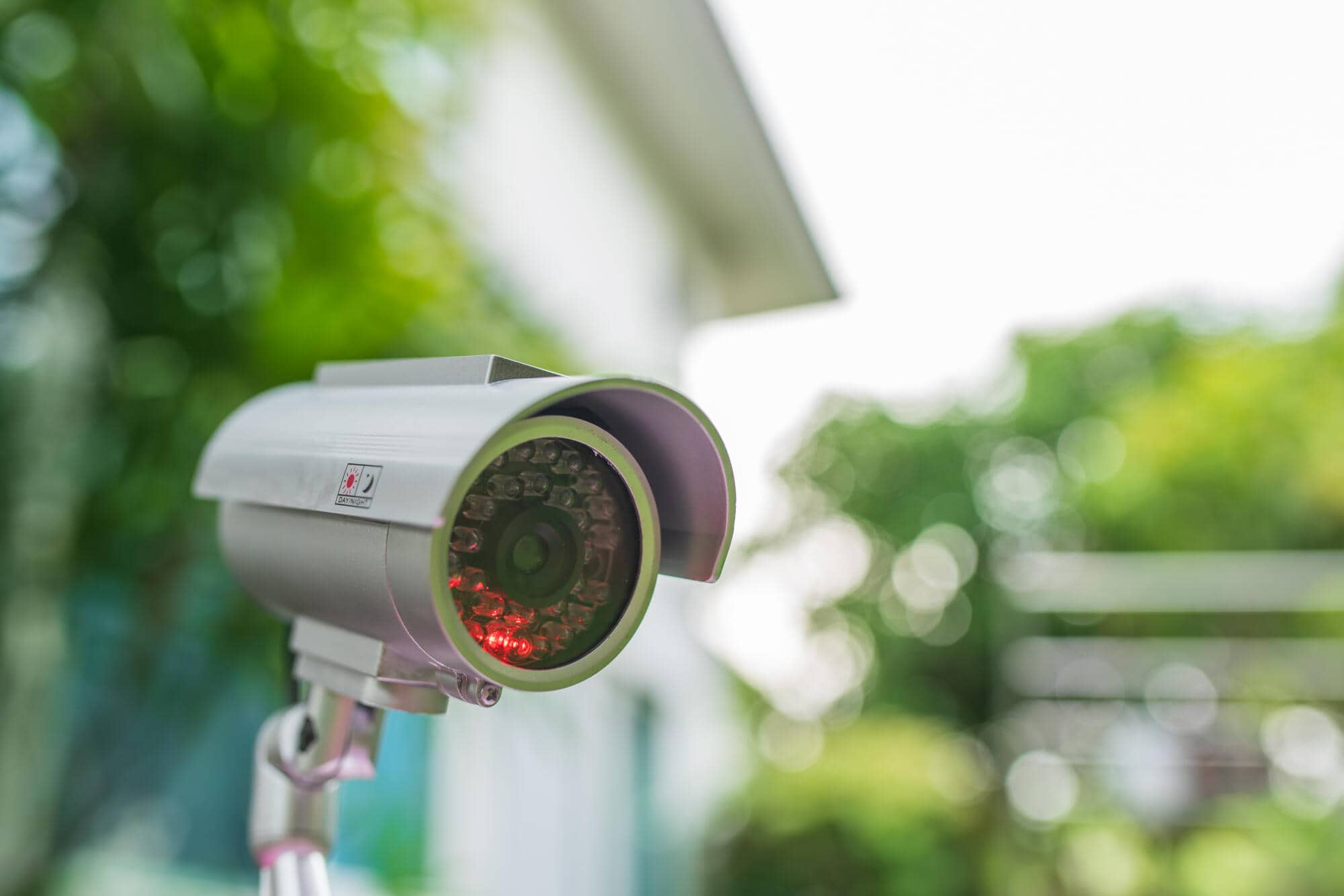The smart home security camera market is on the rise, with North America alone expected to reach a staggering $12.74 billion by 2030 (Grand View Research). With the rapid adoption of smart home technology, more people are investing in security setups to safeguard their homes.
But here’s the kicker: the cost of installing these cameras can vary widely depending on several critical factors. If you’re planning to install a security camera system, understanding these factors can help you make informed decisions and avoid unexpected expenses.
Security camera installation cost is influenced by a range of elements, from the type of cameras you choose to the complexity of the installation process. Let’s dive into the seven key factors you should consider when budgeting for your security setup.
1. Security Setup Planning: Camera Type and Quality
Your choice of camera significantly impacts the security camera installation cost. Cameras with advanced features like night vision, high-definition resolution, or motion detection will cost more than basic models.
These features require more precise installation, adding to the overall expense. High-end cameras, while more expensive, offer better performance and durability, which might be crucial depending on your security needs. When planning your security setup, consider the different types of cameras available:
- Dome cameras
- Bullet cameras
- PTZ cameras
- Doorbell cameras
Each of these options has distinct advantages but varying costs. Dome cameras are often used for wide-area coverage, while PTZ cameras are ideal for monitoring larger spaces with their ability to pan, tilt, and zoom.
2. Installation Budgeting Tips: Number of Cameras
The number of cameras in your system directly affects the security camera installation cost. Installing a single camera might be affordable, but securing larger areas requires multiple cameras, driving up the cost. Each additional camera needs its wiring, placement, and configuration, which increases the labor involved.
If you’re planning a comprehensive security setup, consider how many cameras are necessary to cover all your critical points effectively. The cost of maintaining and monitoring these cameras also adds up over time, making it important to balance your need for coverage with your budget.
3. Installation Location
Where you install your cameras can significantly influence the cost. Cameras placed in hard-to-reach or exposed areas, such as high walls or rooftops, require specialized equipment and more labor, leading to higher installation fees.
Conversely, easily accessible locations will provide cost-effective installation. When planning your security setup, think about the best locations for both effectiveness and cost-efficiency. Consider the following for your installation:
- Ground-level spots
- High walls
- Rooftops
- Corners of buildings
Balancing the need for optimal coverage with ease of installation can help you manage costs effectively.
4. Wiring and Power Requirements
Wiring and power needs play a crucial role in determining the security camera installation cost. Wired cameras typically require extensive cabling, which can be labor-intensive and costly. Running these cables through walls or underground adds to the expense, especially if your property is large or has complex architecture.
On the other hand, wireless cameras reduce the need for extensive wiring but may require additional power sources like batteries, which can also add to your costs. When planning your security setup, consider the following wiring and power needs:
- Long cable runs
- Power Over Ethernet (PoE)
- Battery backups
- Electrical outlet placement
Balancing these factors can help you decide whether to go for wired or wireless cameras, each with its own cost implications.
5. Professional vs. DIY Installation
Choosing between professional and DIY installation is a major factor in camera system pricing. Professional installers bring expertise, ensuring that your cameras are set up correctly, which can save you from future issues. However, this service comes at a higher cost compared to a DIY approach.
Installing the cameras yourself can save money initially, but any mistakes made during installation could lead to costly repairs later on. Consider these points when making your decision:
- Skill level required
- Time investment
- Risk of errors
- Professional warranties
Weighing these options will help you determine the most cost-effective choice for your security setup. In the end, whichever way you install your system, the idea is you’re gaining peace of mind with the added security you’ll have.
6. Monitoring Services
Adding monitoring services to your security setup increases the total cost but provides enhanced security. Professional monitoring services typically involve a monthly fee, which can vary based on the level of coverage you choose.
While some systems offer self-monitoring, professional services provide round-the-clock surveillance and quick response times in emergencies. So they are an attractive option for those seeking comprehensive security. Consider these monitoring options:
- Self-monitoring
- Professional monitoring
- 24/7 surveillance
- Emergency response services
Factoring in these recurring costs is essential for accurate installation budgeting and long-term planning.
7. Permits and Regulations
Permits and regulations can be an often overlooked factor in your security camera installation cost. Depending on your location, you may need to obtain permits for installing security cameras, especially if they are positioned in public areas or within certain residential communities.
The process of securing these permits can involve fees and time, which adds to your overall installation budget. Additionally, regulations may dictate where cameras can be placed, possibly requiring you to reposition them or take extra steps to ensure compliance. Consider these regulatory factors:
- Local zoning laws
- HOA guidelines
- Public space restrictions
- Permit fees
Understanding and adhering to these regulations is crucial to avoid fines and additional costs, ensuring a smooth installation process for your security setup.
Considering all the factors discussed, security camera installation cost can vary widely based on your choices and needs. From the type and number of cameras to installation location and additional services, every decision influences your budget.
Understanding Security Camera Installation Cost
Considering all the factors discussed, security camera installation cost can vary widely based on your choices and needs. From the type and number of cameras to installation location and additional services, every decision influences your budget. By understanding these factors, you can make informed decisions that align with your security goals without overspending.
Transform your space with Briggs A/V Solutions’ custom technology integration. Whether you need advanced security systems or complete home automation, we tailor every detail to fit your lifestyle seamlessly. Simplify your life with our expert installation services; contact us today to bring your vision to life!






